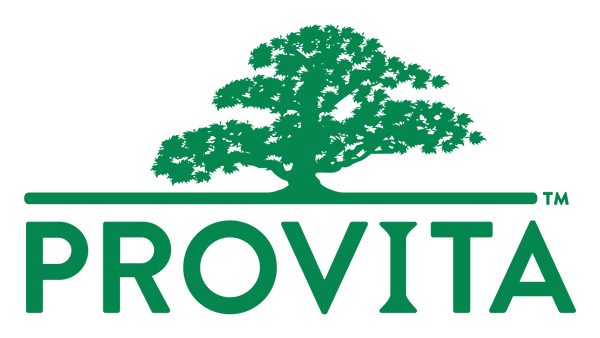Hormones. It is a big topic. The endocrine system is an integrated system where hormones dictate our mood, weight, menstrual cycle, sleep to even digestion. When they are rise to high or fall to low, we can start to develop a list of symptoms that feel challenging to fix. For us women, when our hormones change, we quickly identify the changes – from irritability, insomnia, skin changes to weight gain.
One area I want to touch on that hormones play a significant role in, is menopause. As we age, we have certain hormones that begin to decline and as a result, we have mild to severe symptoms of menopause. These symptoms begin slowly with menstrual cycle variability which may be increased frequency, heavier cycles, or prolonged menses, to warm to hot flashes, decline in libido, insomnia, irritability, weight gain, headaches to memory loss.
So what hormones are involved when we are talking about menopause?
- Estrogens (Estradiol, Estriol, Estrone)
- Progesterone
- LH
- FSH
- Prolactin
- SHBG (sex hormone binding globulin)
With the awareness of which hormones are involved, it is important to make sure your healthcare provider is testing them. Either your Medical Doctor or Naturopathic Doctor has the ability to test each of these hormones (note: only Estradiol can be tested via blood), so a more tailored plan can be created for you.
While I am unable to go into great detail about each hormone in this article, it is important to highlight their roles in menopause. First, our pituitary gland releases FSH and LH which then activates the release of progesterone and estrogen from our ovaries. As we age, we release less FSH/LH and therefore secrete less progesterone and estrogen resulting in shorter cycles, fewer ovulations, and more irregular cycles along with hot flashes and insomnia.
Progesterone requires a lot of attention as it is can prevent uterine cancer, stimulate bone formation, prevent breast cancer and cardiovascular disease. It also controls heavy bleeding, vaginal dryness and alleviates night sweats and mood swings, supports weight control, depression, hypothyroidism, decreased libido, low body temperature, stress, hypoglycemia and blood clotting problems.
Treatment options during per-menopause to menopause are typically focused on increasing progesterone to decreasing prolactin levels. Estrogen is used as well but typically Progesterone is looked at first as women can have more estrogen as a result of androgens converting to estrogen in fat tissue. Solutions to help the waning of progesterone are either Hormone Replacement Therapy or a more natural approach which includes supplements, exercise, nutritional changes and herbs. When you start to feel the beginning symptoms of peri-menopause, the use of herbs can be incredibly effective. Even during menopause, your individual need may not require hormones but actually a more gentler approach with herbal medicine.
One herb that can help ease the symptoms of menopause by way of helping with progesterone production includes Vitex Agnus-castus (Chastetree). Chastetree is known to help to ease symptoms of mood swings, breast swelling, disinterest in sex, and irregular periods. It is used in peri-menopause to activate LH hormone release from the pituitary gland and in turn, stimulates the production of progesterone.
One supplement I turn to when I am supporting women with menopause is Vitexin Pro. While you do not take vitex if you are on hormone replacement therapy, your healthcare provider can help make the decision if Vitex should be added to your treatment plan to help ease the symptoms of menopause.
REFERENCES:
- Cobb J.O., Understanding Menopause, Toronto: Key Porter Books,1990
- Hudson, Tori, Women's Encyclopedia of Natural Medicine
- Jensen, Karen, A Naturopathic Approach to the Transitional Years
- Lee ,John , What Your Doctor May Not Tell You About Hormone Replacement Therapy. New York, N.Y. : Warner Books, 1996
- Lust JB. The Herb Book. New York: Bantam Books, 1974, 401
- Iwu MM, Okunji CO, Ohiaeri GO, et al. Hypoglycaemic activity of dioscoretine from tubers of Dioscorea dumetorumin normal and alloxan diabetic rabbits. Planta Med 1990;56:264–7.
About the author
Dr. Taylor Bean is a Naturopathic Doctor and owner of TaylorMade Wellness in Salmon Arm, BC. She began her career working overseas In Singapore for two years, to now 6 years working in Canada, she has been able to blend Eastern and Western approaches from a clinical and cultural perspective. As a mother of two, she has a passion working with pregnant mothers achieve a healthy pregnancy and smooth labor along with working with children to help them thrive.

DISCLAIMER:
The statements on this website are informational only and shall not to be construed as medical advice to diagnose, prevent or treat any medical condition. Please consult your healthcare practitioner before taking natural supplements, especially if you have a serious health condition and you are on medication for it.







